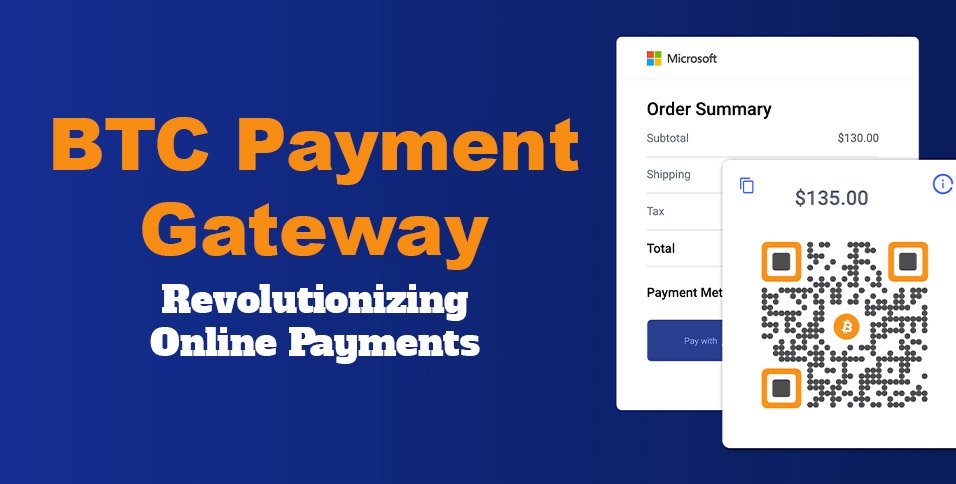Companies of all sizes depend on swift, secure, and stable systems to receive and send money, manage their financial processes, and reach a more diverse customer base. A Bitcoin payment system allows businesses to do these, accepting and sending funds using cryptocurrencies while maintaining a high level of privacy, security, and anonymity for their clients without geographical limits. Integrating this approach brings many advantages to new and existing businesses.
Benefits over Conventional Payment Methods
Here are some of the advantages of a modern cryptosystem over traditional methods.
- Security: Cryptocurrency transfers are secured through blockchain technology and sophisticated algorithms. The consensus protocol of blockchain makes it nearly impossible for hackers to gain access to the system to disrupt payments or steal sensitive data.
- Cost-effectiveness: This system typically incurs lower setup and fees than traditional methods. This could lower the overall business costs and ensure a wider profit margin for businesses.
- Transparency: The use of blockchain, a public ledger technology, ensures transparency as all transactions are recorded on a public blockchain where everyone can access specific details, ensuring a high level of transparency.
- Reduced chargeback risks: Unlike traditional financial facilities where customers can initiate chargebacks, companies using this solution can only refund funds via separate transfers. This reduces the risk of chargeback fraud.
- Accessibility: Traditional fiat-based finance is limited by geographical and political factors, but a BTC payment provider can reach customers globally, ensuring that those without access to traditional finance can send and receive money through cryptocurrencies.
- Speed and innovation: Cryptocurrency services are fast, typically processed and confirmed within minutes, unlike traditional financial institutions that may take days or weeks to complete cross-border settlements. Continuous innovation and the use of new features make them dynamic, responding to the developments and needs of businesses globally.
- Less regulatory burdens: Financial regulations may severely impact the functionality of financial systems. With the Bitcoin payment gateway, companies can legally reduce these regulatory burdens by adopting it to meet the requirements.
- Privacy and anonymity: Although cryptocurrency transfers are recorded on public ledgers, the identities of every party involved are typically private, ensuring their anonymity at all times.
- Custom settings and branding: unlike traditional firms, cryptosystems are usually white-label and allow corporate brands to overlay their brand and customize their offers to their unique needs.
These advantages make this solution a compelling choice for companies that leverage cryptocurrencies for their financial activities.
Technical Setup and Operational Flow
Setting up a BTC payment gateway requires little technical knowledge on the client side. The first step is to reach out to the service provider, discuss solutions, and get a custom quote. Then the technical setup begins:
- The client receives the white-label crypto option as a custom API, which integrates with their website, web, and mobile application.
- The API connects the company’s website to the blockchain network for crypto transactions.
- The installed API uses advanced security measures to protect customer and financial data.
- The company sets up access keys, codes, and other measures on their side.
- The crypto solution may have additional features like multi-crypto support and cross-system integrations.
Once setup is completed, the operational flow looks like this:
- Customers initiate transactions on the company’s platform.
- The API verifies the transaction details and customer information.
- The API interacts with the specific blockchain and then completes the crypto transaction.
- The solution converts the funds into the company’s preferred cryptocurrency and deposits the funds into the company’s wallet.
- The software then reports the transaction data to both parties.
- Crypto gateways may also intervene to detect fraud, manage recurring transactions, and prevent unauthorized access.
A BTC payment solution streamlines financial processes for customers and merchants, ensuring mutual satisfaction and protection. The solution is designed for small, medium, and large businesses and requires little maintenance or technical know-how.
Security Protocols and Customer Support
Security is one of the main pillars of a crypto gateway, and this is achieved through encryption, real-time fund conversion, and compliance with industry security regulations such as the Payment Card Industry Data Security Standard (PCI DSS). Blockchain consensus mechanisms are the primary security protocols, layered with biometrics and access keys. From integrating Bitcoin payment gateway APIs to resolving issues, customer support is on hand to guide clients and their customers at all times.















